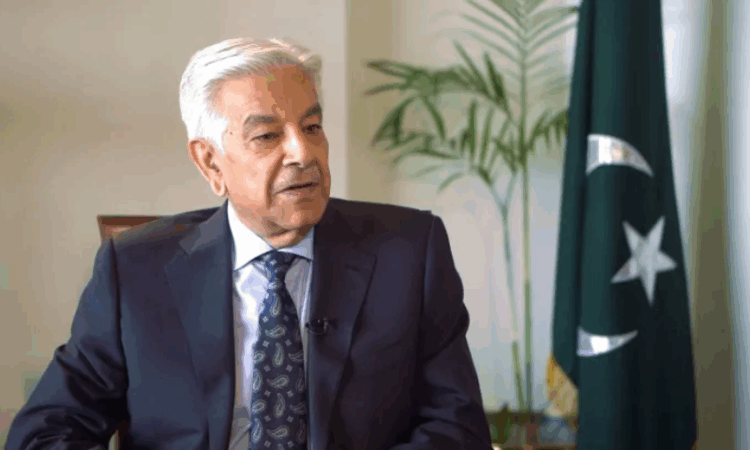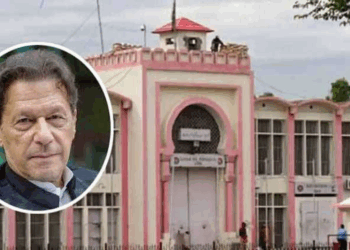Islamabad, June 5, 2025: Defence Minister Khawaja Asif on Thursday said the Simla Agreement of 1972 between Pakistan and India has “lost its sanctity” in light of New Delhi’s repeated unilateral actions, including its recent decision to suspend the Indus Waters Treaty (IWT).
Speaking to a private news channel, Asif said, “The [Simla] agreement was bilateral […] no third party or the World Bank was involved.” He maintained that in the absence of this bilateral treaty, the Line of Control (LoC) in Kashmir would now revert to its original status as a ceasefire line, reflecting Pakistan’s pre-1972 stance.
The Simla Agreement was signed after the 1971 war and laid down principles of peaceful dispute resolution and respect for the ceasefire line in Jammu and Kashmir. Asif’s remarks follow India’s unprovoked military strikes inside Pakistan and its announcement to unilaterally terminate the IWT, both seen as serious breaches of international and bilateral norms.
Tensions escalated last month after a deadly attack in Indian Illegally Occupied Jammu and Kashmir (IIOJK) killed 26 tourists. Without presenting evidence, New Delhi blamed Islamabad, prompting a series of retaliatory strikes and military clashes between the two nuclear powers.
In response, Pakistan launched “Operation Bunyan-um-Marsoos,” a major military operation that targeted several Indian installations. The Pakistan Air Force downed six Indian fighter jets, including three Rafales, and neutralized multiple drones. After nearly 87 hours of armed conflict, a ceasefire was brokered by the United States on May 10.
Asif emphasized that India cannot unilaterally withdraw from the Indus Waters Treaty, a World Bank-brokered water-sharing agreement signed in 1960. “No country can obstruct the flow of water at its own discretion,” he stated.
He reiterated that Pakistan had warned repeatedly that continued Indian aggression would render all bilateral agreements meaningless. “Persistent violations of trust make treaties void in principle and practice,” Asif said.








